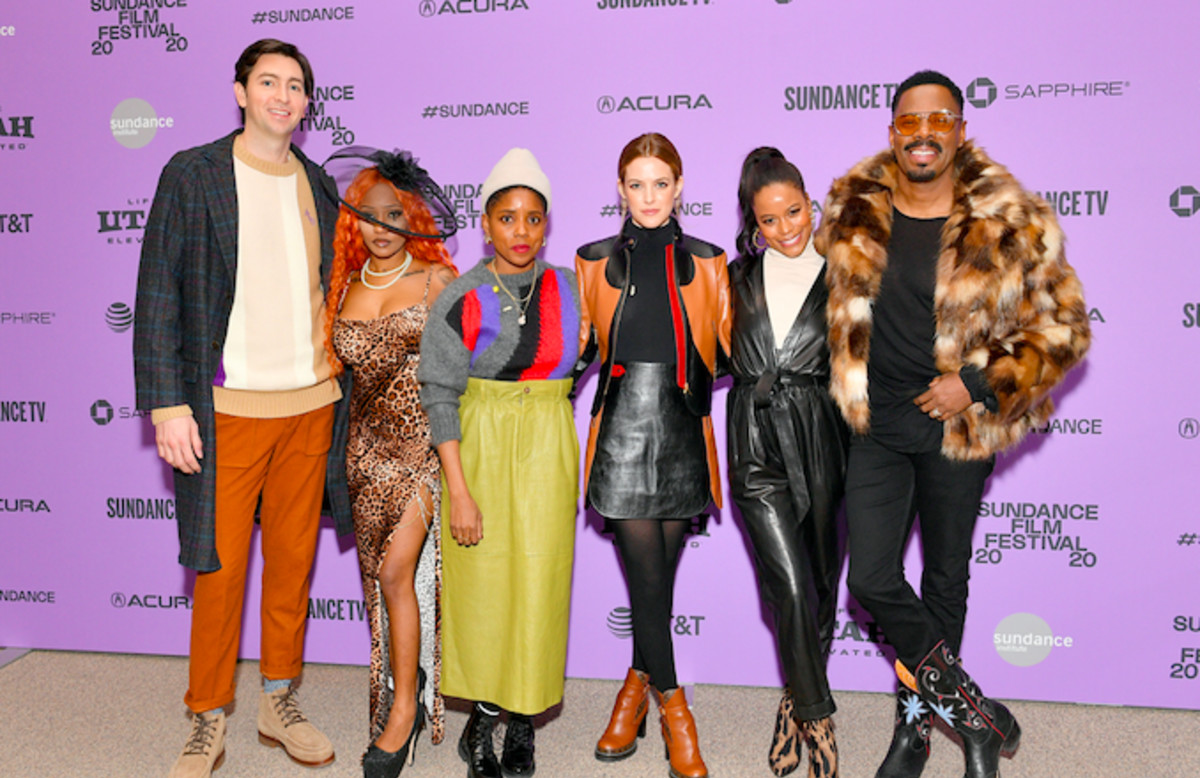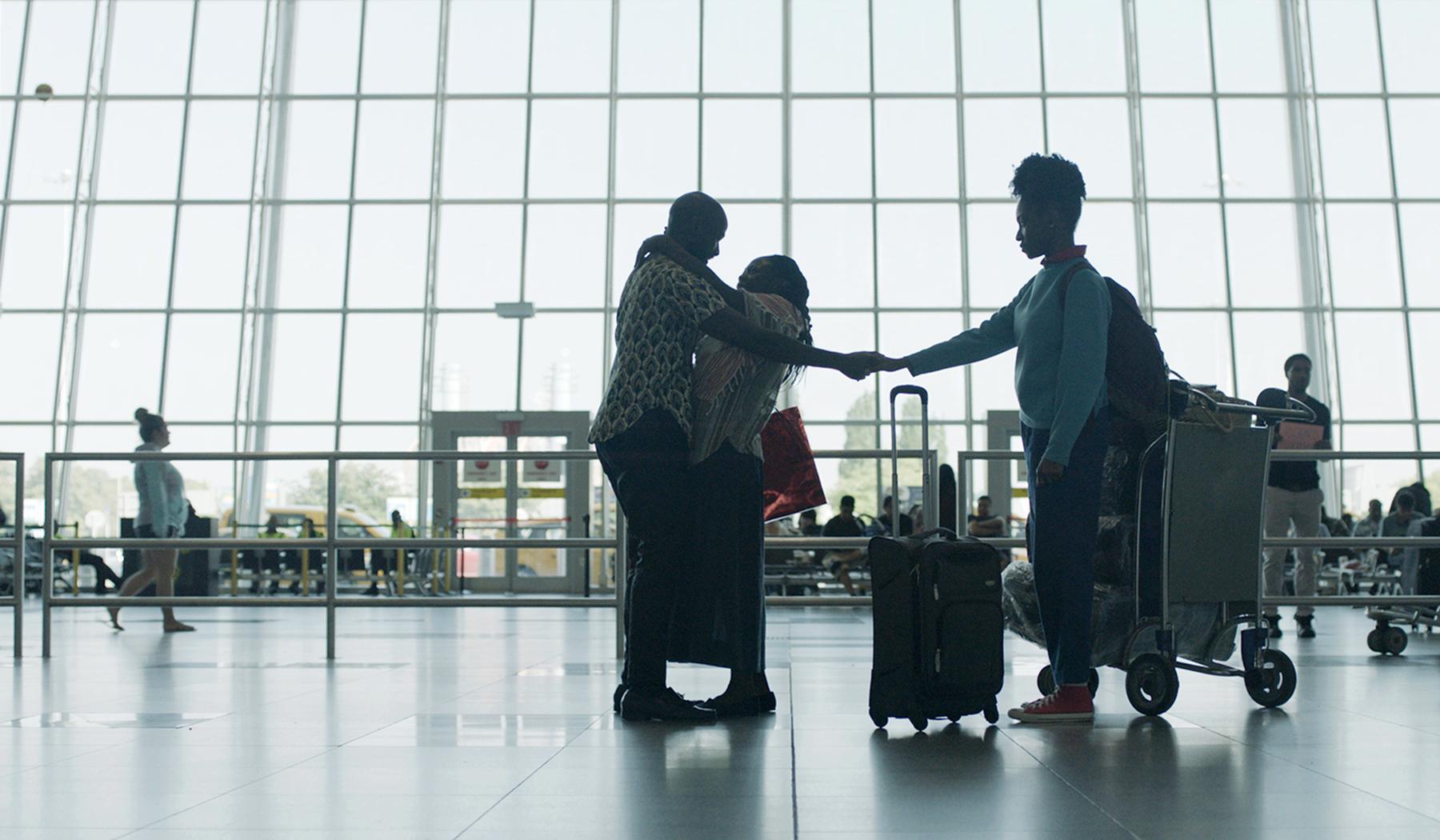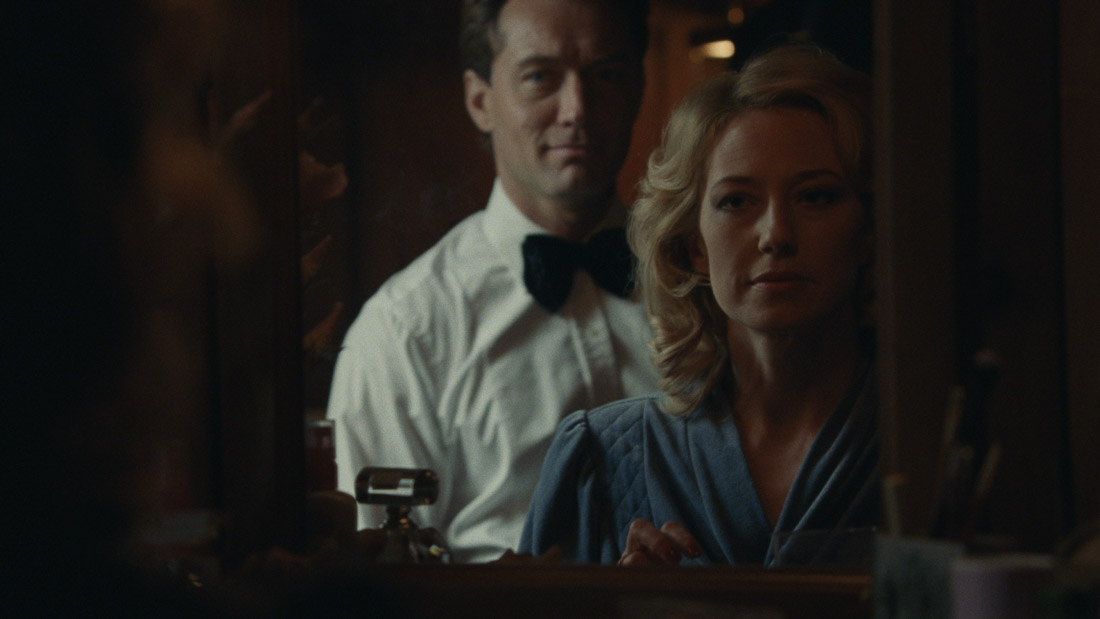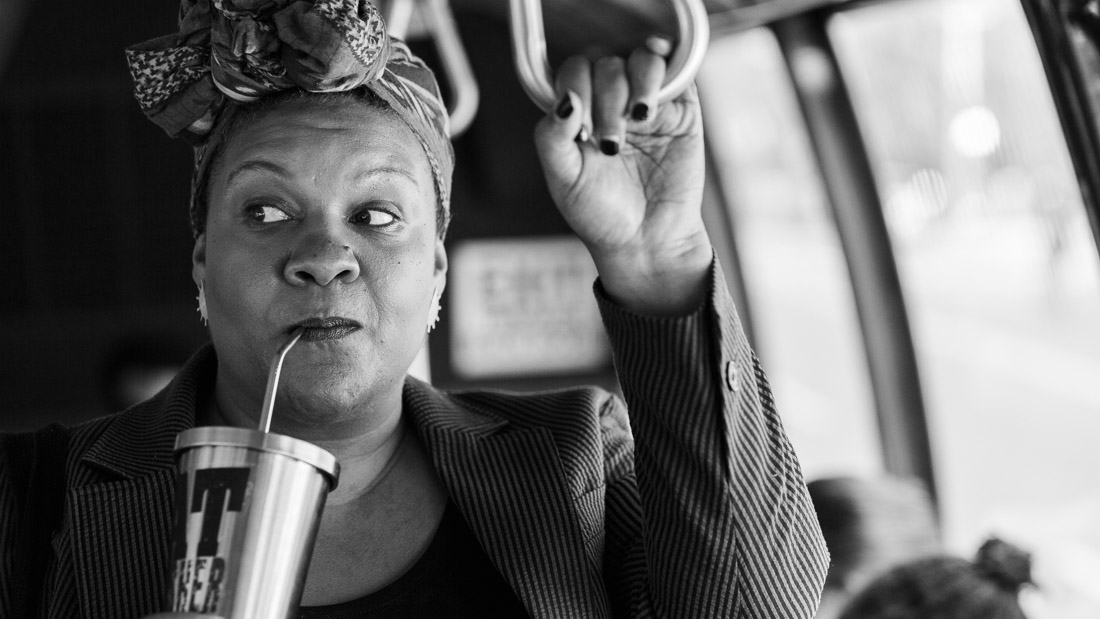My second straight year at Sundance was even better than my first. I knew my way around a little bit more and managed not to over schedule myself. The movies remain for the most part fantastic and the conversations in the many lines and at the different spaces on Main Street illuminating. Here are a few observations about this year's festival:
 the Zola team
the Zola team
Diversity of Voices and Stories Can Be Accomplished
I saw 30 movies in 8 days. Half of them were directed by women and half were cast with pre dominantently actors of color. Some of the best movies I saw came from outside the US...
Like It’s Not a Burial, It’s Resurrection and Yalda, A Night for Forgiveness. Check my World Cinema preview for some titles to look forward to.
Immigrant Stories are the new American Classics
Three movies about immigrants assimilating into America - Farewell Amor by Ekwa Msangi, Minari by Lee Isaac Chung and Blast Beat by Esteban Arango - were amng the best I've seen and continue the trend that started last year with The Farewell. These are the new American classics, where the characters don’t always speak English, yet they show how multiculturalism is inherent in America. The immigrant families in these movies come from different places - Angola, Korea and Colombia respectively - yet the filmmakers are telling wholly American stories inspired by their families and memories.
 Farewell Amor
Farewell Amor
This Black Sudanese immigrant has a whale of a time at each of these screenings. In Farewell Amor I cried with the family kept apart for 17 years because of cruel immigration laws until they became strangers to each other despite blood and love. Blast Beat took me back to the days when the stress of life in a new country manifests in familial frissons. And in Minari every scene washed over me with a feeling that I recognized.
 The Nest
The Nest
Returning Sundance Sensations Disappoint
It makes sense to invite Sundance alumni back with their new films. Sean Durkin, Miranda July and Dee Rees are directors who came to recognition at Sundance with Martha Marcy May Marlene (2011), Me and You and Everyone We Know (2005) and Pariah (2011) respectively. Yet this year their films were less successful. Durkin’s The Nest about a marriage in crisis doesn't get going until it's half over thus diminishing the good performances of Carrie Coon and Jude Law as the central couple. Seems like Martha Marcy May Marlene was a fluke. July’s Kajillionaire about a family of small time con artists is inert and lethargic despite Evan Rachel Wood trying hard to give it vigor with a truly curious performance that ultimately doesn’t work. An incoherent screenplay and incongruous editing make Rees’ The Last Thing He Wanted hard to follow despite some striking shots and memorable set pieces. Better luck next time.
 The 40 Year Old Version
The 40 Year Old Version
Let’s Expand the Conversation
Instead of handing out awards for the best in the usual categories I'd like to mention a few performances that really stuck with me:
Nicole Beharie in Miss Juneteenth
Winston Duke in Nine Days, though I didn’t care for the movie his performance is tremendous
Zainab Jah and Ntare Guma Mbaho Mwine as the couple trying to connect after many years of separation in the aforementioned Farewell Amor
Steven Yuen and especially Yeri Han as the parents in Minari
Radha Blank, who wrote directed and starred in The 40 Year Old Version
The wonderful quartet of actors - Taylour Paige, Riley Keough, Colman Domingo and Nicholas Braun - in Zola